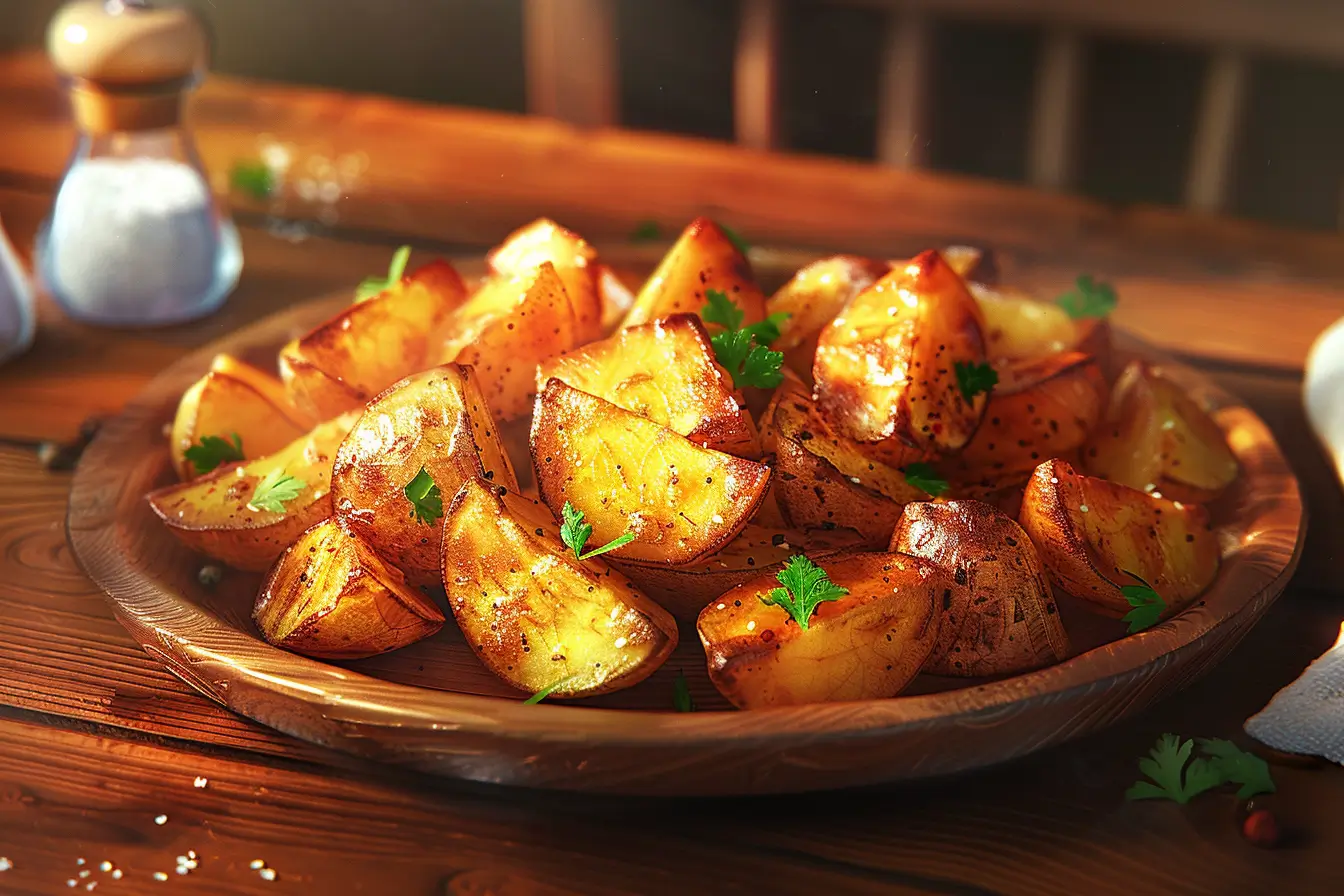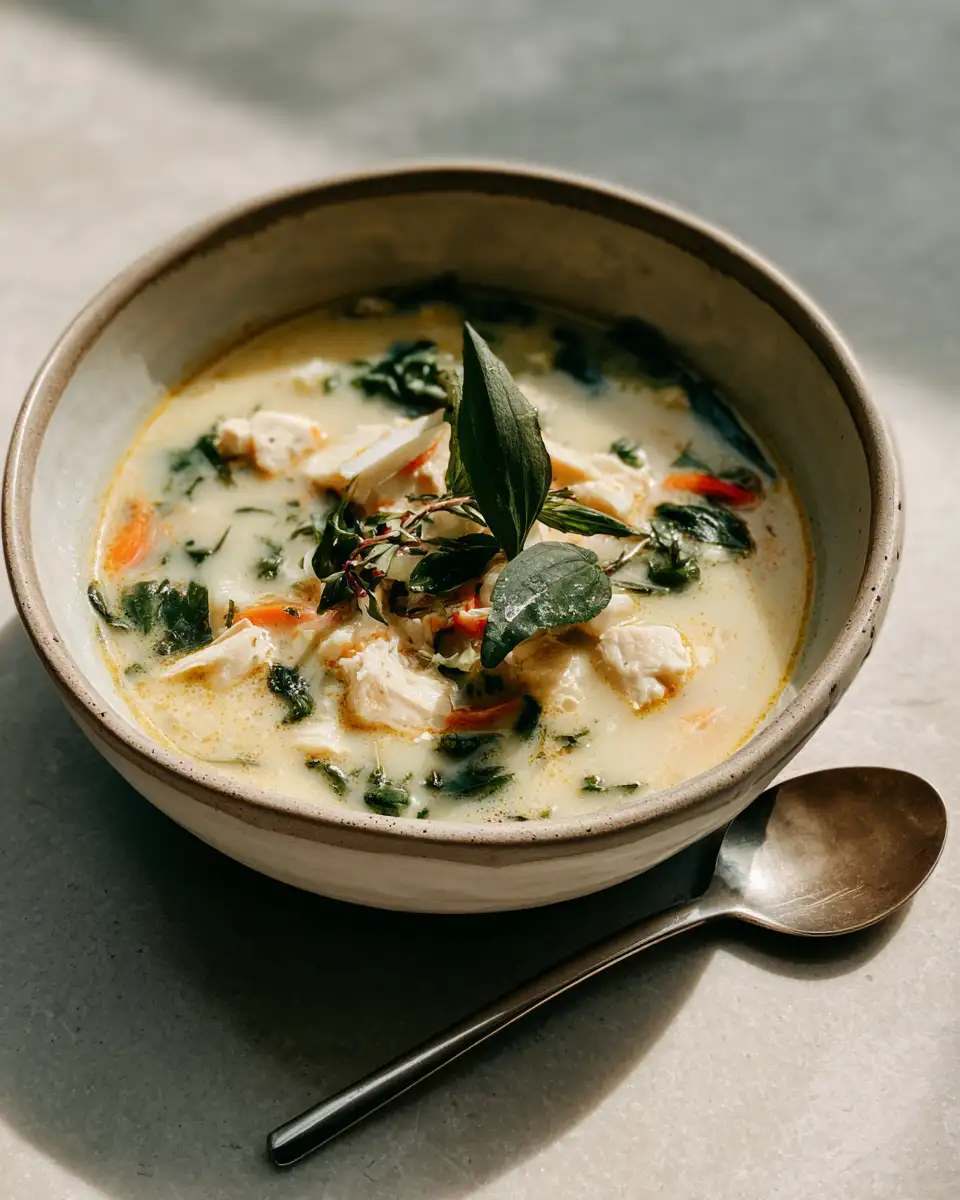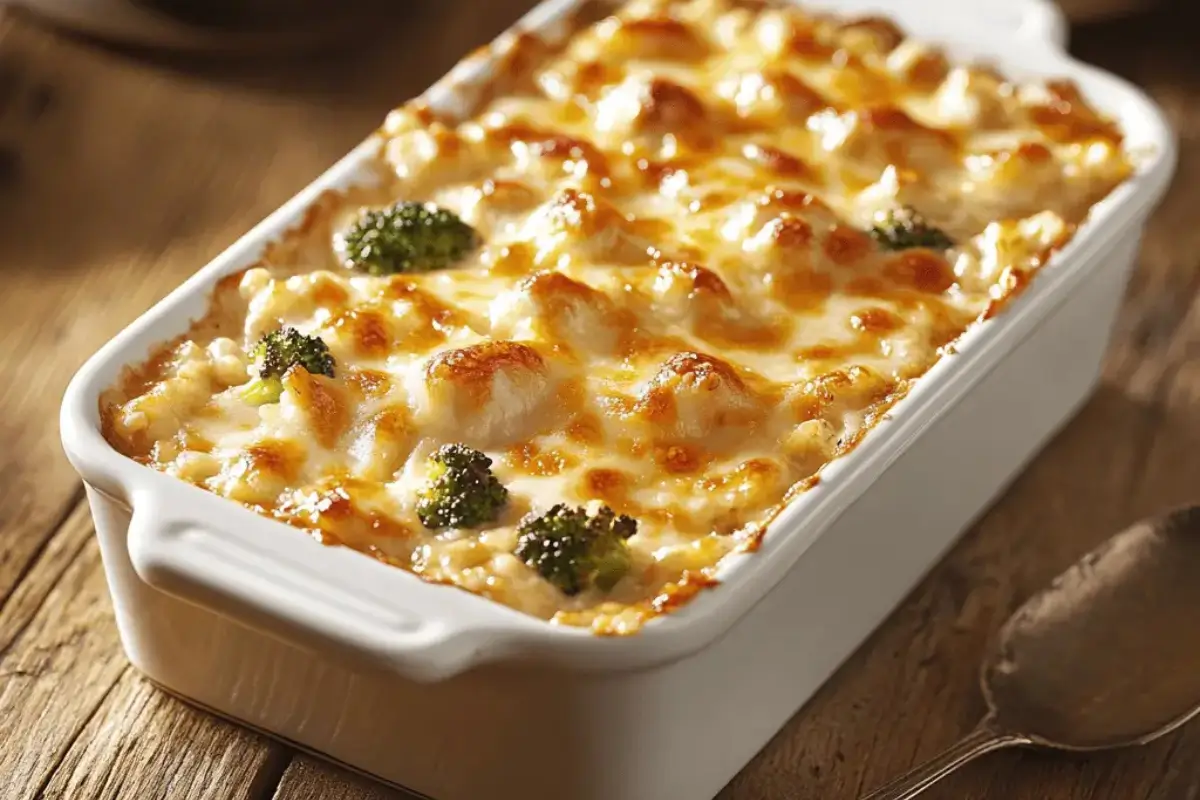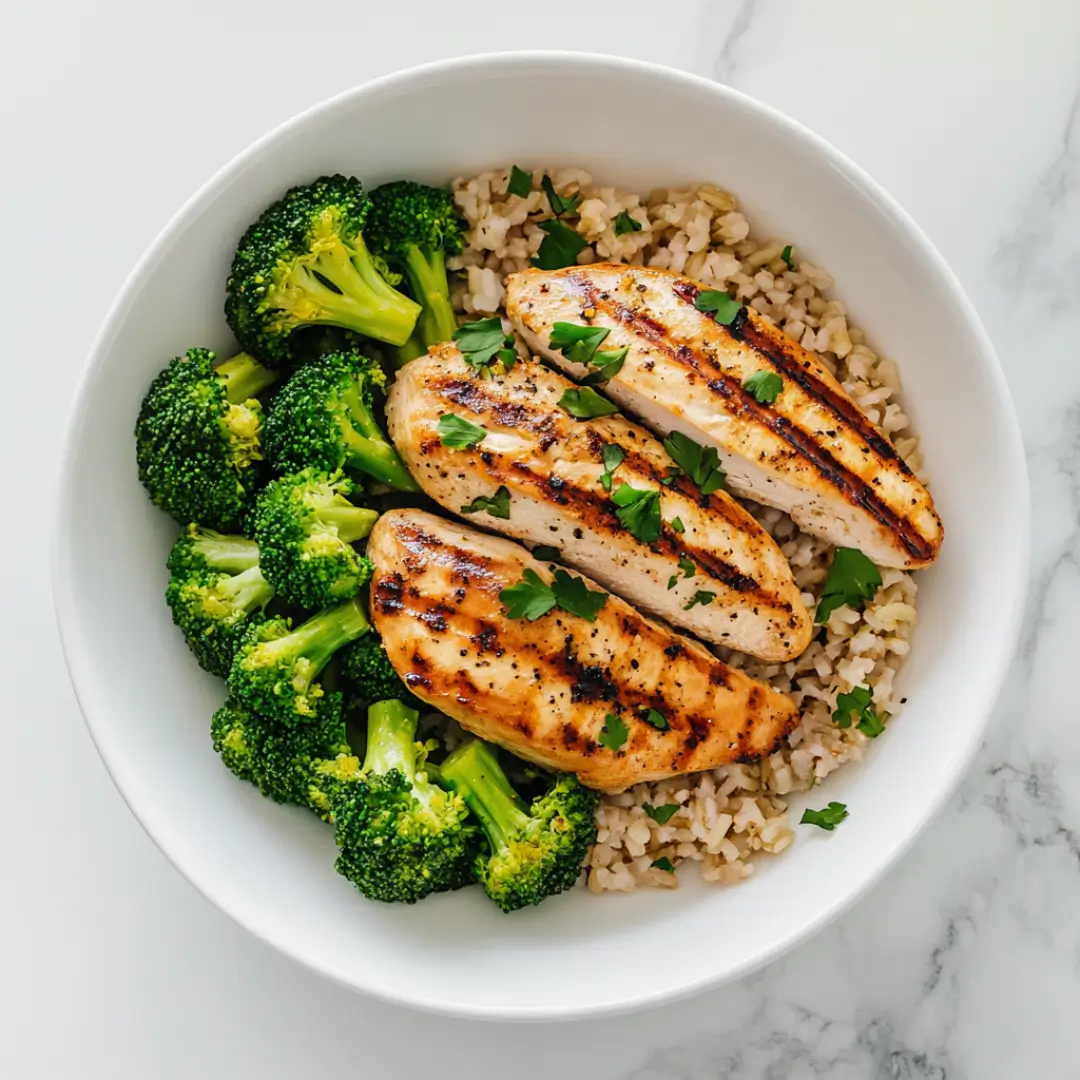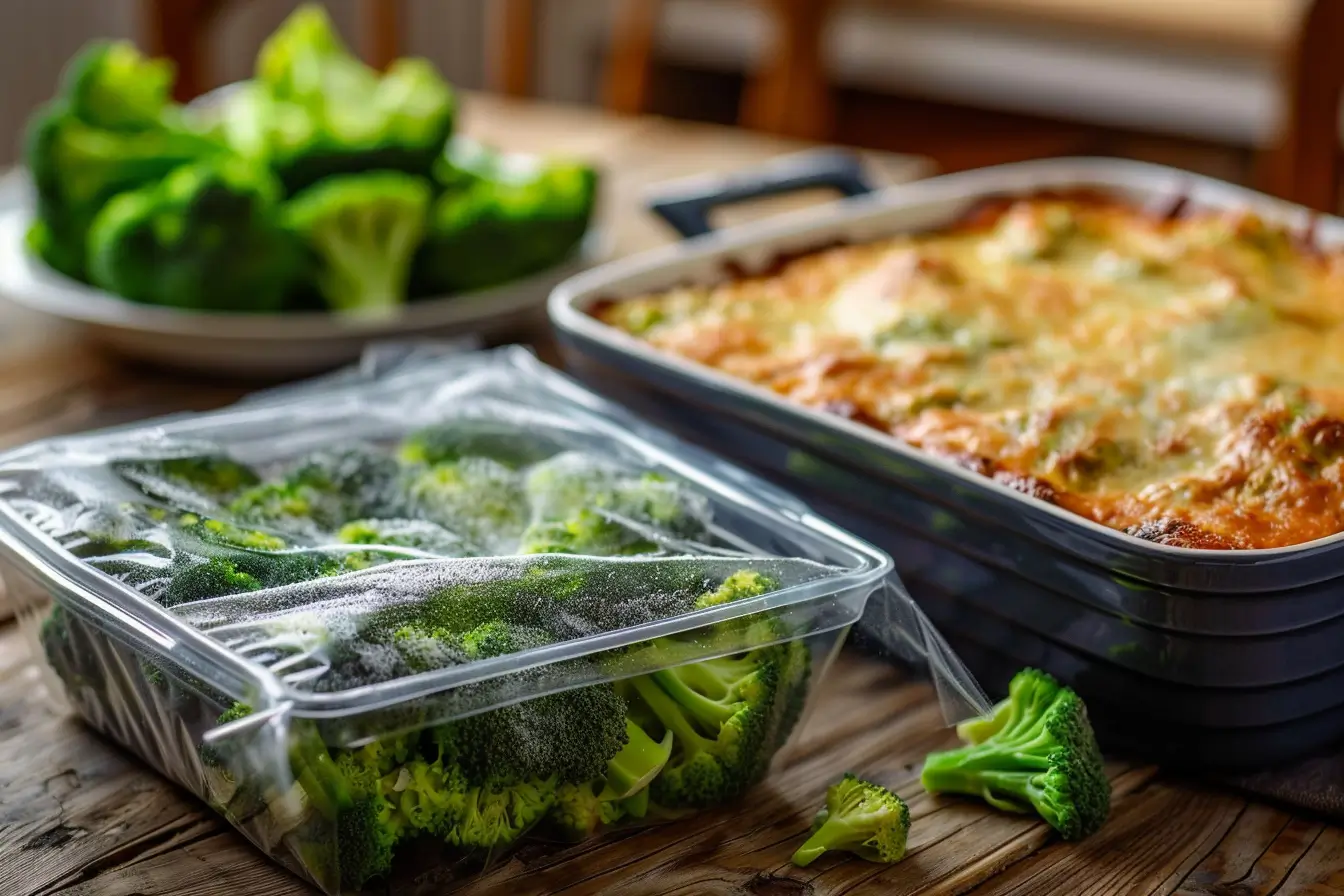Roasting potatoes can transform them into a delicious, crispy delight. But what happens if you don’t soak potatoes before roasting? If you’ve come across recipes or tips suggesting you soak the potatoes beforehand, you might wonder why this step is necessary—or whether it’s just a myth. In this article, we’ll dive into the science, techniques, and potential consequences of skipping this commonly recommended preparation method. Let’s uncover the crispy truth!
Why Soaking Potatoes Before Roasting Is Common Practice
Soaking potatoes before roasting is a step often included in recipes to improve texture, crispiness, and even cooking results. But how does it work?
The Science Behind Soaking Potatoes
Potatoes contain a high amount of starch, which plays a key role in their cooking process. When you soak raw potatoes in water, it helps remove excess surface starch. This is particularly important because surface starch can make potatoes gummy during cooking, preventing them from achieving that golden, crispy exterior.
How Starch Impacts Crispiness
Excess starch can also interfere with the Maillard reaction, the chemical process that creates browning and crispiness in roasted foods. By reducing the starch content, soaking ensures the surface of the potato is drier and primed for roasting.
Does Soaking Really Make a Difference?
The impact of soaking becomes apparent when comparing roasted potatoes prepared with and without soaking. Potatoes that are soaked tend to crisp up more evenly, while unsoaked potatoes may be slightly uneven in texture, with softer or soggier areas.
What Happens If You Don’t Soak Potatoes Before Roasting?
Skipping the soaking step might save you time, but it could have noticeable effects on your roasted potatoes. Here’s what to expect:
Impact on Texture and Crispiness
Without soaking, the starch on the surface of the potatoes remains intact. This can lead to a thicker, gummier coating rather than the thin, crispy crust many people desire. Additionally, the interior of the potato might cook less evenly, resulting in a less satisfying texture overall.
Will They Roast Properly Without Soaking?
Yes, you can still roast potatoes without soaking them first. However, they may require more attention during the cooking process, such as flipping them more frequently or adjusting the temperature, to achieve an even roast. The end result might not have the same level of crispiness and golden-brown perfection.
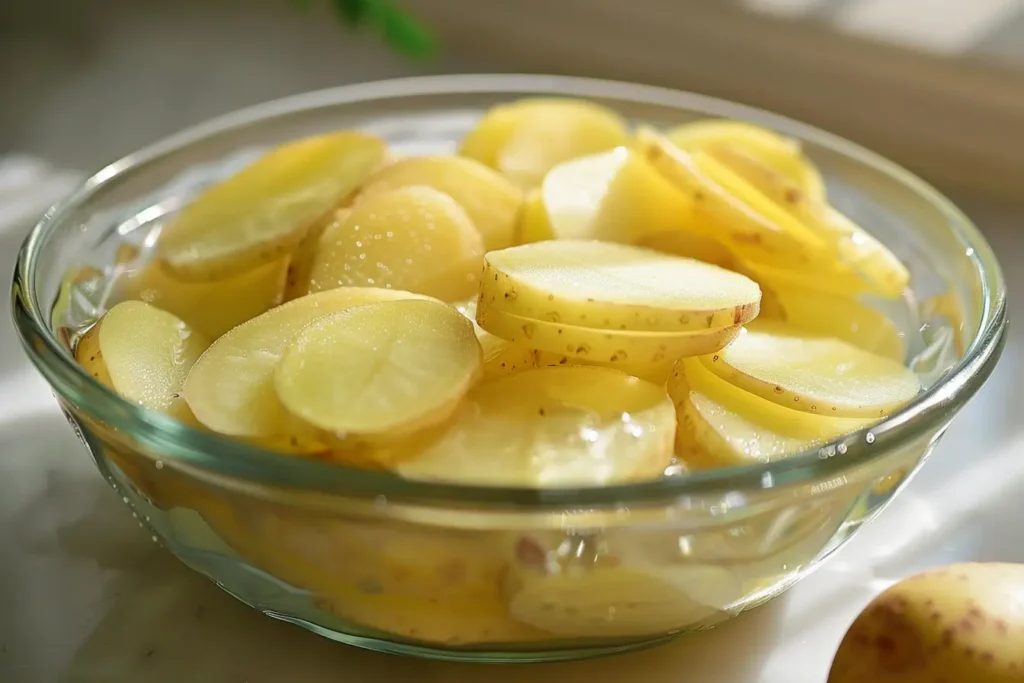
Does Soaking Potatoes Before Roasting Make Them Crispier?
The short answer is yes, soaking potatoes in water can significantly enhance their crispiness. Here’s why:
Benefits of Removing Excess Starch
By soaking potatoes in water, you reduce the amount of starch on the surface. This leads to a crispier exterior during roasting while maintaining a fluffy, tender interior.
Excess starch can create a barrier that hinders proper browning. By washing it away, you allow the potatoes to develop the perfect golden crust without sticking or burning.
Cold Water vs. Warm Water: Which Is Better?
Soaking potatoes in cold water is generally recommended over warm water. Cold water helps prevent premature cooking of the potato’s surface, which can occur with warmer temperatures. For the best results, soak your potatoes for at least 30 minutes in cold water, but longer durations—up to 2 hours—can be even more effective.
Why Are My Potatoes Not Crispy Without Soaking?
If your roasted potatoes aren’t turning out as crispy as you’d like, soaking might not be the only issue. There are several factors that can impact the outcome:
Common Mistakes That Ruin Crispiness
- Overcrowding the baking tray, which traps steam and prevents the potatoes from crisping up.
- Using insufficient oil, which is essential for creating a crispy coating.
- Not preheating the oven to a high enough temperature (at least 425°F or 220°C).
- Failing to flip the potatoes midway through cooking for even browning.
Tips to Achieve Perfectly Crispy Potatoes
Here are some tried-and-true techniques for ensuring crispy roast potatoes:
| Technique | Details |
|---|---|
| Use a High-Heat Oven | Cook at 425°F (220°C) or higher to promote browning. |
| Pre-Boil the Potatoes | Boiling for 5-10 minutes softens the exterior, making it easier to achieve crispiness during roasting. |
| Toss with Generous Oil | Ensure every piece is well-coated in oil for even browning. |
| Season Liberally | Salt and spices help enhance the flavor and texture of the crust. |
By combining these tips with proper soaking, you’ll be well on your way to mastering the art of crispy roasted potatoes.
What Happens If You Don’t Boil Potatoes Before Roasting?
Pre-boiling potatoes before roasting is another common practice that contributes to their texture and overall cooking quality. If you skip this step, the outcome may vary depending on the type of potato and your cooking technique.
Boiling vs. Not Boiling: Pros and Cons
Pre-boiling helps soften the exterior of the potato, allowing it to crisp up more effectively in the oven. However, it’s not strictly necessary for every recipe.
Let’s compare the advantages and disadvantages:
| Method | Pros | Cons |
|---|---|---|
| Boiling Before Roasting | Softens the exterior for better crisping; reduces roasting time. | Adds an extra preparation step; requires monitoring to avoid overcooking. |
| Skipping Boiling | Saves time; keeps the process simpler. | May result in uneven texture; longer roasting time required. |
Pre-Boiling Hacks for Perfect Potatoes
If you choose to boil your potatoes before roasting, follow these tips to get the best results:
- Cut the potatoes into even-sized pieces to ensure consistent boiling and roasting.
- Boil the potatoes for 5-7 minutes, just until the edges begin to soften. Avoid fully cooking them.
- Drain the potatoes well and let them steam dry. This step prevents excess moisture from hindering crispiness.
- Shake the boiled potatoes in a colander to rough up the edges, creating a texture that crisps beautifully in the oven.
Types of Potatoes: Which Work Best for Roasting?
The type of potato you use can significantly impact the texture and flavor of your roasted potatoes. While soaking plays a role in crispiness, choosing the right variety is just as important. Here’s a breakdown of the most common types:
| Potato Type | Characteristics | Best For |
|---|---|---|
| Russet Potatoes | High starch content, fluffy interior, and crispy exterior when roasted. | Classic crispy roast potatoes. |
| Yukon Gold Potatoes | Medium starch, buttery flavor, and smooth texture. | Creamy and slightly crispy roasted potatoes. |
| Red Potatoes | Low starch, firm texture, and thin skin. | Roasting with minimal crispiness but great flavor. |
| Fingerling Potatoes | Low starch, waxy, and nutty in flavor. | Gourmet-style roasted potatoes. |
How Potato Type Affects Soaking
High-starch potatoes like Russets benefit the most from soaking, as they contain more surface starch that can interfere with crispiness. Low-starch potatoes, such as Red and Fingerling varieties, are less affected by soaking but still benefit from a rinse.
Understanding the qualities of each potato type helps you tailor your roasting process for optimal results, whether you soak them or not.
Can You Roast Potatoes Without Soaking Them First?
Sometimes, soaking may not fit into your schedule, or you might simply want to skip it. Fortunately, you can still make delicious roasted potatoes with alternative preparation techniques.
Simple Preparation Techniques
Focus on methods that reduce surface moisture and encourage crisping, even if you’re not soaking the potatoes.
- Thorough Washing: Rinse the potatoes under cold water for a few minutes to remove some surface starch.
- Pat Dry: Use a clean kitchen towel to dry the potatoes completely before seasoning. Any residual moisture can hinder browning.
- High-Heat Roasting: Increase the oven temperature to 450°F (230°C) for faster browning and better texture.
Alternatives to Soaking: Other Tricks for Crispiness
Here are some additional methods to achieve crispy potatoes without soaking:
| Technique | Details |
|---|---|
| Use a Baking Rack | Place the potatoes on a wire rack set over a baking tray to promote airflow and prevent sogginess. |
| Oil and Season Generously | Coat the potatoes thoroughly with oil and spices to enhance browning and flavor. |
| Flip Halfway | Turn the potatoes halfway through roasting for even crisping on all sides. |
The Best Way to Soak Potatoes for Roasting
If you decide to soak your potatoes, doing it correctly is key. Here’s how to maximize the benefits:
How Long Should You Soak Them?
For optimal results, soak the potatoes for at least 30 minutes but not more than 24 hours. Longer soaking times can yield even crispier results.
If you’re short on time, a quick soak of 15-20 minutes can still make a noticeable difference. For advanced preparation, you can soak the potatoes overnight in the refrigerator.
Adding Salt or Vinegar to the Soaking Water
Enhance the soaking process by incorporating additional ingredients:
- Salt: Add a tablespoon of salt to the soaking water to season the potatoes from the inside out.
- Vinegar: A splash of vinegar can help preserve the potatoes’ structure and enhance their flavor during roasting.
Frequently Asked Questions (FAQs)
What Happens If You Don’t Soak Potatoes Before Baking?
Skipping the soak step for baked potatoes can result in a thicker, chewier texture. While they’ll still cook through, you may miss out on that fluffy interior and crispy exterior combination.
Does Soaking Potatoes in Water Make Them Crispier?
Yes, soaking removes surface starch, which enhances the potatoes’ ability to crisp up in the oven. It’s especially effective for roasted potatoes that need a golden, crunchy crust.
Why Are My Roast Potatoes Not Going Crispy?
If your potatoes aren’t crispy, consider factors like overcrowding the tray, insufficient oil, or skipping soaking. Additionally, ensure your oven is hot enough and preheated to at least 425°F (220°C).
What Happens If You Don’t Boil Potatoes Before Roasting?
Skipping boiling can lead to longer roasting times and uneven texture. While you’ll still get roasted potatoes, they might not achieve the same level of crispiness and fluffiness.
Final Thoughts: Soak or Not to Soak?
The decision to soak potatoes before roasting depends on your goals and time constraints. Soaking undeniably enhances the crispiness and texture, making it a worthwhile step for perfect roasted potatoes. However, with the right adjustments, you can still achieve great results without it.
Looking for a delicious variation? Try these onion-roasted potatoes for a flavorful twist on the classic recipe!


